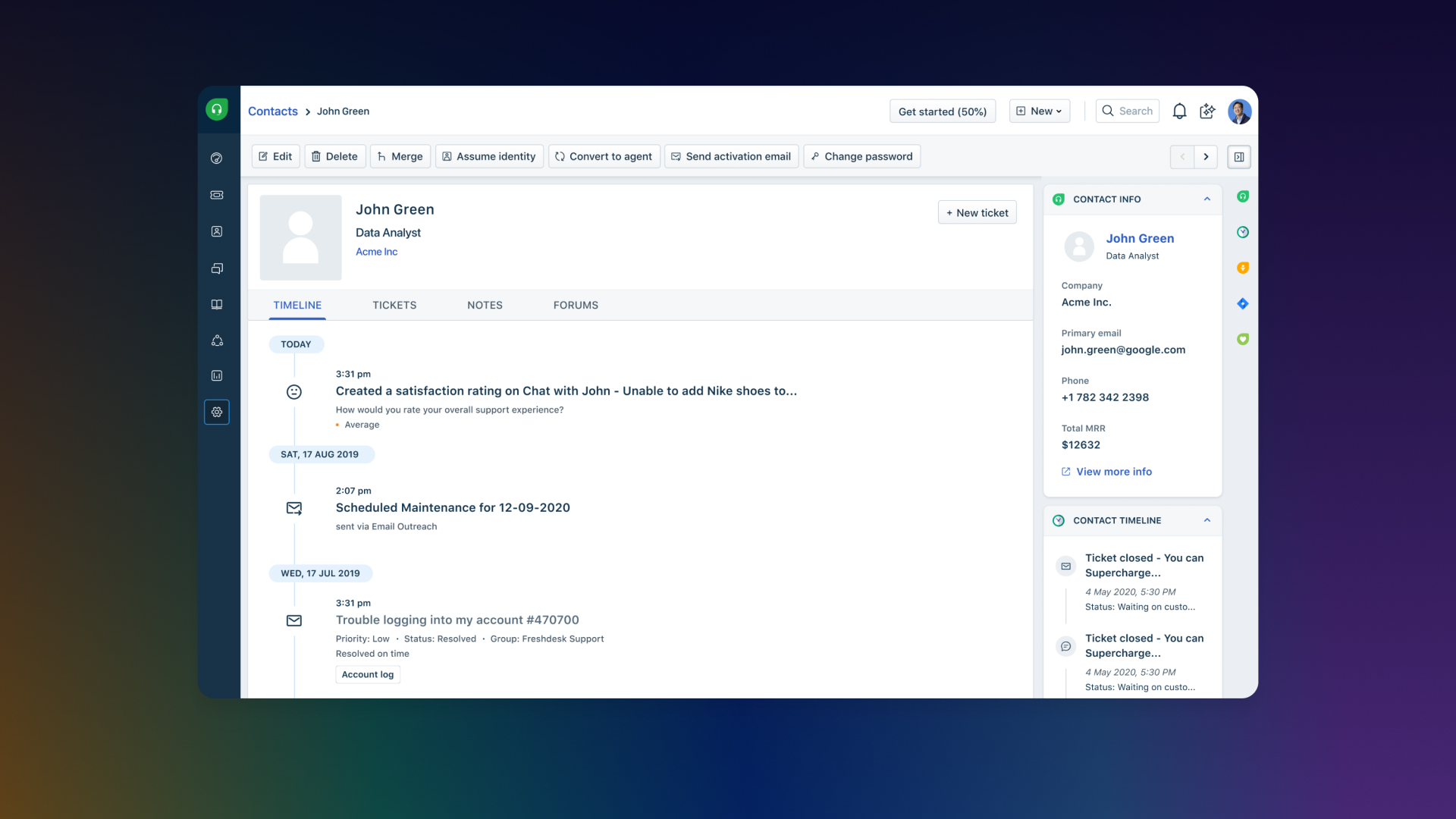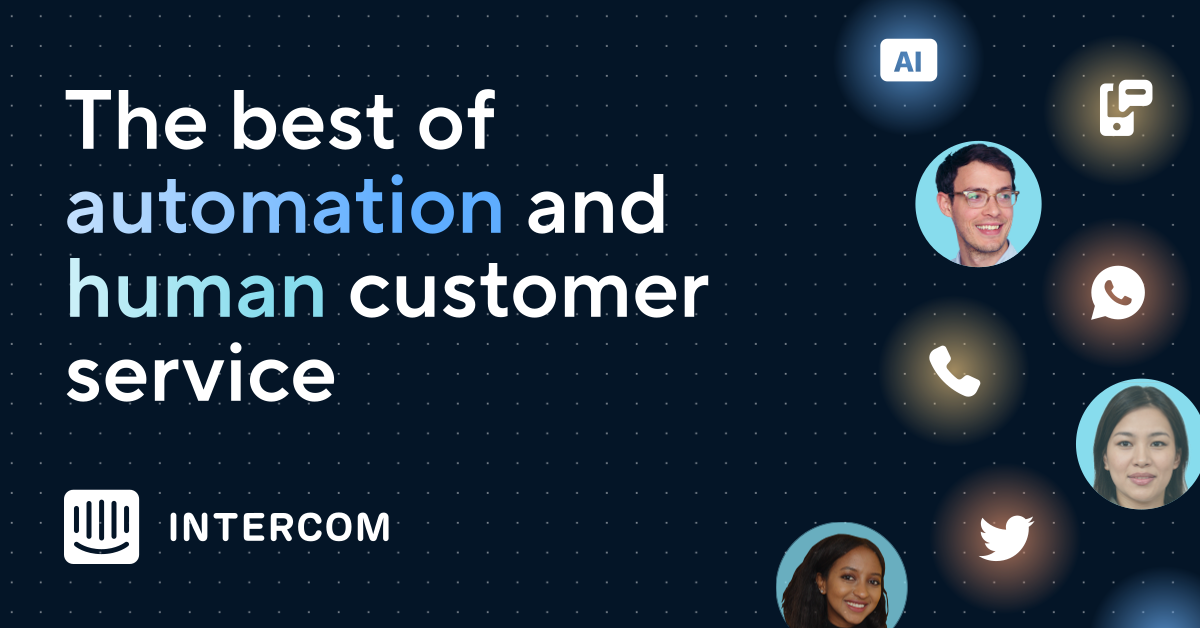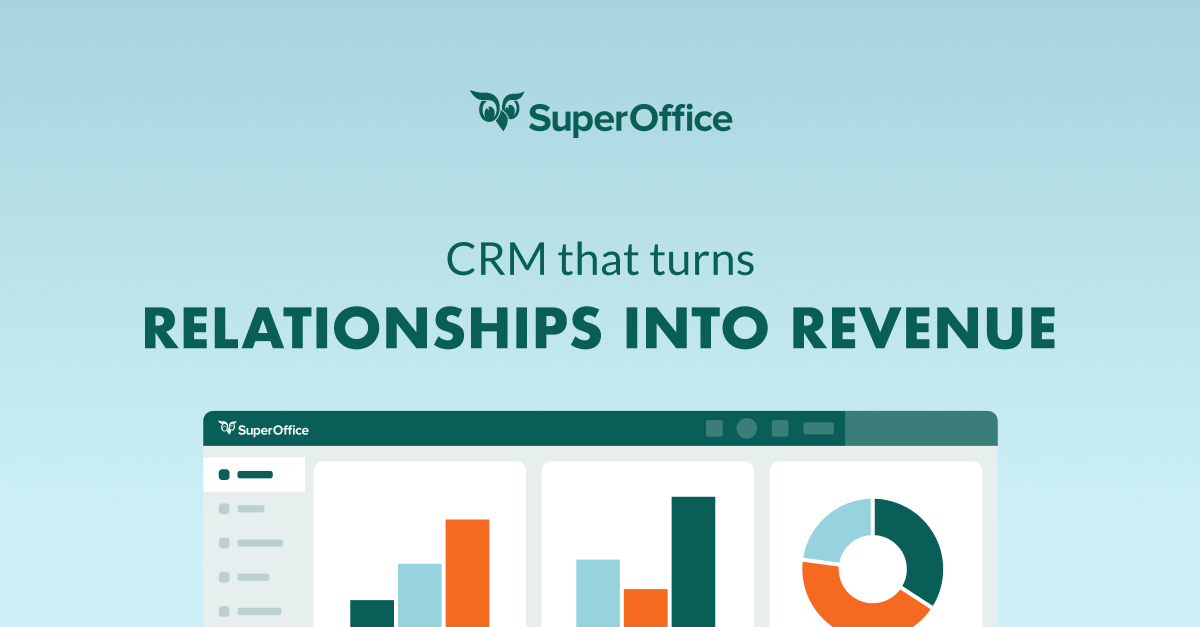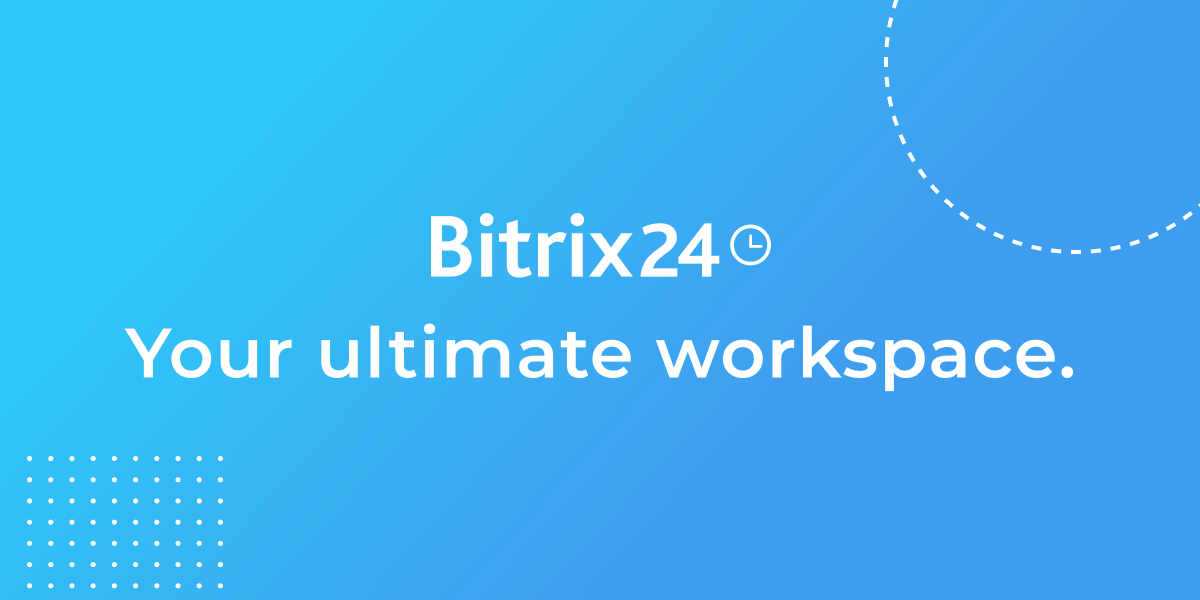Introduction
Customer support is critical for any business to build loyalty and trust with their customers. However, manually handling support tickets, knowledge base articles and customer conversations can be time-consuming and inefficient. That’s where help desk software comes in – it streamlines your support workflow and brings disparate communication channels like email, chat and social media into one centralized system. In this blog, we evaluate the top 15 help desk platforms based on criteria like features, ease of use, pricing and customer reviews to help you choose the right solution for your business.
Methods of Evaluation
To evaluate and rank the top help desk software options, we considered several qualitative and quantitative factors including features and functionality, pricing and plans, customer reviews on platforms like G2 and TrustPilot, number of customer installations and success stories, online discussion forums and community feedback, and other metrics like number of backlinks, organic traffic and keyword trends. This holistic approach helped us analyze the offerings from multiple dimensions and understand the true strengths and weaknesses to identify the cream of the crop solutions.
1. Zendesk
Zendesk is a leading customer service platform that provides help desk software, CRM, and more. Founded in 2007, Zendesk serves over 21,000 customers including Box, Dyson, Anthropic, Venmo, and Shopify. With over 1,000 employees globally, Zendesk aims to make customer service faster, easier, and better through its award-winning software solutions.
Pros: Some key advantages of the Zendesk platform include:
– Extensive feature set including ticketing, knowledge base, chat, and more
– Customizable platform that scales well for all business sizes
– Intuitive UI and easy to use for both agents and customers
– Omnichannel support across email, chat, voice, and social media
Cons: The main disadvantage is that Zendesk is more expensive compared to some other help desk software options. Pricing starts at $15 per agent per month for the Standard plan.
Pricing: Zendesk offers four different pricing tiers – Standard, Plus, Premium, and Support Suite. Pricing starts at $15 per agent per month for Standard and goes up to $299 per agent per month for Support Suite with advanced features and enterprise-level support.
Some key stats about Zendesk include:
– Supports over 45 languages
– Processed over 1 billion support tickets in 2021
– Has over 3,000 implementation partners worldwide
– Publicly traded on NYSE since 2014
– Named a leader in the G2 Crowd Help Desk Software Grid for 9 consecutive quarters
2. Automattic Help Scout
Help Scout is a help desk software developed by Automattic, the company behind WordPress. With over 15 years of experience building web software, Automattic created Help Scout to be a powerful yet intuitive customer support solution.
Pros: Some key advantages of Help Scout include:
– Powerful help desk built by WordPress creators
– Seamless WordPress and WooCommerce plugins
– Intuitive knowledge base and article builder
– Robust workflow customization via Zapier
Cons: One potential disadvantage is that the free plan only allows one agent and has limited features, so it may not be suitable for larger support teams.
Pricing: Help Scout offers four pricing tiers:
– Free – $0/month, for one agent and limited features
– Standard – $24/agent/month, with full help desk functionality
– Plus – $36/agent/month, adds SSO and priority support
– Ultimate – Customizable pricing, for largest enterprise needs
Some key stats about Help Scout include:
– Used by over 50,000 teams worldwide
– Helps companies reply to an average of 450 support tickets per month
– Integrates seamlessly with WordPress, WooCommerce, and other web apps via Zapier
– Knowledge base feature stores an average of 150 articles per customer
AutomatticMaking the web a better placeautomattic.com
3. Freshdesk
Freshdesk is a leading help desk software for customer support. Since being founded in 2010 in Chennai, India, Freshdesk has grown to support over 30,000 companies worldwide. Their software is focused on helping companies of all sizes provide excellent customer service.
Pros: Some key advantages of Freshdesk include:
– Great for growing small and medium businesses with robust yet affordable features
– Excellent customer experience tools like callbacks, surveys, and social integrations
– Easy to set up and manage help desk functions
Cons: A potential disadvantage is that the more advanced features like custom object properties and API capabilities are only available in higher pricing tiers, limiting flexibility for smaller businesses.
Pricing: Freshdesk offers several pricing tiers starting at free forever with limited functionality. Their basic plan starts at $15/agent/month and expands features from there with additional agents and support offerings.
Some key stats about Freshdesk include:
– Used by over 30,000 companies worldwide
– Integrates with over 175+ other apps including Shopify, Zendesk, Zoho, and more
– Provides support in over 50+ languages
– Features include tickets, knowledge base, support portals, live chats and more
4. Intercom
Intercom is a customer communications platform that enables companies to build strong relationships with their customers. Since 2011, Intercom has been helping businesses deliver contextual and personalized experiences across messaging channels like web, mobile apps, email and SMS. With offices worldwide, Intercom serves over 25,000 customers including Dropbox, Github, SendGrid and Gymshark.
Pros: Some key advantages of Intercom include:
– Focus on building strong customer relationships through personalized conversations
– Flexible channels that allow engaging customers via bots, chat and in-app messaging
– Centralized platform that brings together support reps and product teams for a unified customer view
Cons: One potential disadvantage is that Intercom’s paid plans and pricing can be higher than some other help desk software options for larger teams or more advanced use cases.
Pricing: Intercom offers various paid plans starting from $49 per agent per month for their Basic plan up to custom enterprise plans. They also offer a generous free tier for basic usage and trials.
Some key stats about Intercom include:
– Over 25,000 customers worldwide including fast-growing startups and enterprise giants
– Processes over 2 billion messaging interactions per month
– Supports multiple languages and currencies globally
5. HelpScout
HelpScout is a help desk and customer support platform that offers powerful tools to manage support conversations across email, chat and self-service help centers. Founded in 2011 and headquartered in Denver, Colorado, HelpScout aims to make great customer experiences easily within reach for growing businesses. With over 15,000 customers worldwide, HelpScout helps companies deliver seamless customer support through its shared inbox, help center, and live chat software.
Pros: Some key advantages of HelpScout include:
– Shared inbox for streamlined collaboration on support cases
– Help center builder for creating beautiful self-service help content
– Live chat for engaging customers in real-time
– Powerful search and tagging across communication channels
– Integrations with common tools like Slack, Jira and Zendesk
Cons: One potential disadvantage is that the help center builder has a learning curve for completely customizing the look and functionality compared to simpler drag-and-drop builders.
Pricing: HelpScout offers three pricing tiers – Free, Professional ($49/agent/mo), and Enterprise (custom quote). The free plan provides basic email support for up to 2 agents. Paid plans unlock advanced features like the help center builder, analytics, multi-user support, SSO, and more.
Some key stats about HelpScout include:
– Supports over 15,000+ customers worldwide
– Processes over 1 million support requests per month
– Features a knowledge base with over 250,000 public articles
– Rated 4.5/5 on G2 based on over 1,500 user reviews
6. SuperOffice
SuperOffice is a cloud-based CRM solution designed to help businesses build strong relationships with customers and turn them into revenue. Founded in 1990, SuperOffice offers a full-featured CRM platform to help companies manage leads, opportunities, contacts, tickets and more.
Pros: Some key advantages of SuperOffice include:
– Robust CRM features for managing leads, contacts, accounts, opportunities, calendars and more
– Attractive calendar and scheduling capabilities for coordinating teams and clients
– Highly customizable tickets and workflows to match unique business processes
– Excellent mobile apps for iOS and Android with CRM functionality on the go
– Knowledge base for organizing help content and FAQs
Cons: One potential disadvantage is the relatively high price compared to some entry-level CRM options. However, SuperOffice aims to offer high-end functionality to justify the cost.
Pricing: SuperOffice offers flexible pricing plans starting at $49 per user per month for the Standard plan. Premium and Enterprise level plans with additional features are also available and pricing varies based on unique business needs and custom quotes.
Some key stats about SuperOffice include:
– Used by over 35,000 customers worldwide
– Supports over 25 languages
– Integrates with over 50 apps including Microsoft, Google, and Zoom
– Winner of multiple CRM awards and recognitions
7. ManageEngine ServiceDesk
ManageEngine ServiceDesk is a popular ITSM solution for help desk management and incident tracking. Used by over 5000 companies worldwide, it provides a single platform to manage and track all IT requests, incidents and other processes.
Pros: Some key advantages of ManageEngine ServiceDesk include:
– Complete ITSM platform with capabilities for incident, request, change and other IT processes management
– Tight integration with other IT operations tools for asset, configuration, monitoring and reporting
– Robust reporting and dashboards for comprehensive visibility into IT operations
Cons: One potential disadvantage is that as an all-in-one platform, it may have more features than needed for some small IT teams.
Pricing: ManageEngine ServiceDesk offers flexible pricing based on the number of agents/users on the platform starting from free for up to 2 agents to $2/agent per month for larger deployments. It also offers a perpetuity license option.
Some key stats about ManageEngine ServiceDesk include:
– Over 5000 customers globally across all major industries
– Supports over 25 languages
– Average customer has 500-1000 users on the platform
8. HelpScout
HelpScout is a customer service help desk and knowledge base software created in 2010. It provides tools for customer support teams to manage tickets, conversations, and a knowledge base through a unified platform. Some key features include ticketing, knowledge base, conversations, and analytics.
Pros: Some key advantages of HelpScout include: – Easy to use interface for both agents and customers – Powerful search and knowledge base capabilities to reduce repeats – Flexible permissions and workflows to handle different support roles – Integrations allow unifying CRM, marketing and support data – Robust analytics on team performance, priority issues and more
Cons: One potential disadvantage is that the pricing can be higher than some other help desk options for larger teams.
Pricing: HelpScout offers 4 different pricing tiers based on the number of agents – Free forever tier for 1 agent, $49/month for up to 3 agents, $99/month for up to 10 agents, and custom enterprise pricing for more than 10 agents.
Some key stats about HelpScout include: – Used by over 20,000 businesses globally – Supports over 35 integrations including Hubspot, Salesforce, Zendesk and Intercom – Manages over 2 million conversations per year – Knowledge base articles viewed over 1 billion times annually
9. SysAid
SysAid is an IT service management (ITSM) software developed by SysAid Technologies. In business since 1992, SysAid helps over 5,000 companies in 150 countries to simplify and automate their IT operations. The software aims to improve efficiency, reduce time to resolution for IT issues, and enhance customer satisfaction for both internal and external users.
Pros: Key advantages of SysAid ITSM software include extensive service automation tools to streamline routine tasks, robust security and permission features to control data access, comprehensive SLAs to track vendor agreements, and integrations with various IT tools and systems to consolidate workflows.
Cons: A potential disadvantage is that the software lacks some advanced features found in larger, more expensive ITSM platforms. The free trial version also has limited functionality compared to the full paid version.
Pricing: SysAid offers perpetual and subscription licensing models. Pricing starts at $149 per user per year for the Standard edition. Additional modules and support plans are sold separately. The software offers a 30-day free trial to test the full capabilities before purchasing.
Some key stats about SysAid include: supports over 18 languages; integrates with over 150 applications including Microsoft, IT asset management tools, and other major ITSM platforms; and processes over 1 billion IT tickets annually across its global customer base.
10. Groove
Groove is a leading help desk software created by Groove HQ. They provide a help desk platform that supports ticket management, live chat, workflows and more to help teams be more productive when dealing with customer requests and issues. With over 10,000 customers, Groove is a top rated help desk solution according to G2 ratings.
Pros: Some key advantages of Groove include:
– Supports full workflows across tickets, chat, tasks and calls
– Intuitive interface optimized for efficiency and collaboration
– Highly customizable to suit business processes
– Powerful search and tagging across tickets and knowledge base
Cons: One potential disadvantage is that Groove is missing some advanced features found in more expensive help desk solutions like ticketing SLA policies.
Pricing: Pricing for Groove starts at $15 per agent/month for the Standard plan up to $29 per agent/month for the Premium plan. Groove also offers custom enterprise pricing for larger teams.
Some key stats about Groove include:
– Rated 4.7/5 on G2 based on over 1,000 reviews
– 10,000+ customers including Anthropic, Intercom and Vercel
– Supported in over 180 countries
– Integrations with tools like Slack, Dropbox and Zapier
11. Bitrix24 Help Desk
Bitrix24 Help Desk is an all-in-one CRM and helpdesk solution developed by Bitrix. It provides powerful ticketing, knowledge base and collaboration features to help businesses better serve their customers and improve employee productivity. Some key features include a customizable ticket system, tracking and reporting, integrated knowledge base and wiki, and rich communication tools.
Pros: Some key advantages of Bitrix24 Help Desk include:
– All-in-one CRM and helpdesk capabilities in a single platform
– Attractive and intuitive web-based interface
– Robust knowledge base for tracking solutions to common issues
– Strong collaboration features like online meetings and messaging
– Competitive free and paid pricing plans for teams of all sizes
Cons: One potential disadvantage is that the free plan has limited features and storage space. However, there are affordable paid plans for growing businesses.
Pricing: Bitrix24 Help Desk has the following pricing plans:
– Free Plan – For up to 3 users with limited features
– Standard Plan – Starting at $15/user/month for unlimited users
– Corporate Plan – Custom enterprise plans for large enterprises
Some key stats about Bitrix24 Help Desk include:
– Used by over 3 million users worldwide
– Supports over 60 languages
– Provides access to tickets, contacts and projects all in one place
– Has a 95% customer satisfaction rating
12. LiveAgent
LiveAgent is a leading help desk and customer service software established in 2005 and headquartered in Prague, Czech Republic. The software aims to help companies provide exceptional customer support across different channels like chat, email, social media, etc. to drive better customer experiences and relationships.
Pros: Some key advantages of LiveAgent include:
– Tight Salesforce integration for seamless CRM insights
– Easy to customize live chat widgets for websites
– Robust omnichannel support across chat, email, social, messaging apps
– Powerful analytics and reporting for actionable customer insights
Cons: One potential disadvantage could be its pricing for larger teams, as it switches to more expensive perpetual licensing models above a certain agent/chat volume.
Pricing: LiveAgent offers affordable monthly pricing starting from $49/agent per month for Essentials up to $99/agent for Professional which removes chat limits. It also has Enterprise plans for large deployments priced individually.
Some key stats about LiveAgent include:
– Serving over 15,000 customers worldwide across 150+ countries
– Supporting 60+ languages
– Helping agents handle over 125 million conversations annually
– Integrating tightly with CRM platforms like Salesforce
13. 123ContactForm
123ContactForm is a leading helpdesk and contact form building software. The platform provides businesses with a robust tool to build various online forms including contact forms, application forms, surveys and more without any coding skills required.
Pros: Some key advantages of 123ContactForm include:
– Robust contact form builder
– Email response automation
– Integrated CRM and helpdesk
– Powerful reporting and analytics
Cons: The main disadvantage is that the free plan only allows for basic functionality and has limited form storage. For more advanced features, one of the paid plans would be required.
Pricing: 123ContactForm offers three paid plans ranging from $15-45 per month. Paid plans unlock more advanced features like additional form storage, integrated tickets and cases, custom branding and SSO access. There is also a free plan for basic form building.
Some key stats about 123ContactForm include:
– Used by over 50,000 customers worldwide
– Processes over 1 million form submissions per month
– Integrates with 10+ CRM systems including Hubspot, Zendesk and Freshdesk
14. Jitbit
Jitbit is a help desk software developed by Jitbit Software for customer service and technical support teams. Founded in 2012 and headquartered in San Francisco, Jitbit provides both SaaS and self-hosted help desk solutions.
Pros: Key advantages of Jitbit include:
– Customizable dashboard and reports for agents
– Integrates with over 200 apps including autotask & connectwise
– Free plan available for small teams and testing
Cons: One potential disadvantage is that the self-hosted version requires more IT resources and maintenance compared to the SaaS version.
Pricing: Pricing for Jitbit starts from $15/agent/month for the ‘Essential’ tier on the SaaS version. The self-hosted version is available from $12/agent per month.
Some key stats about Jitbit include:
– Used by over 5,000 companies worldwide including Anthropic, Namely, and Fiverr
– Available in over 35 languages
– Processes millions of tickets annually
15. ConnectWise
ConnectWise is a leading provider of IT management software for managed service providers (MSPs) and IT departments. Founded in 1982, ConnectWise offers a complete suite of integrated business automation tools through their unified platform.
Pros: Some key advantages of ConnectWise include:
– Powerful platform for MSPs and IT departments
– Excellent PSA and RMM capabilities
– Robust project and time tracking tools
– Advanced workflows and integrations
– Strong focus on customizations
Cons: A potential disadvantage is the upfront cost which can be higher than some other Help Desk options. However, this is offset by the robust feature set and flexibility.
Pricing: ConnectWise offers flexible pricing plans including on-premise and hosted (SaaS) options. Pricing is based on number of users/seats and additional services/modules selected.
Some key stats about ConnectWise include:
– Used by over 17,000 customers worldwide
– Supports over 80,000 MSPs, IT professionals and their customers
– Over 30 years in business providing IT management solutions
Conclusion
While all the help desk platforms evaluated here are excellent in their own ways, some stood out based on our detailed evaluation criteria. Zendesk, Automattic Help Scout and Freshdesk emerged as top choices overall due to their extensive yet affordable feature sets, intuitive user experiences, strong customer satisfaction ratings and proven track records. However, the right solution also depends on your unique business needs – so consider trialing a few options that best match your requirements before making a decision. With the top 15 listed here, you now have a comprehensive shortlist to choose from for streamlining your support operations in 2023 and beyond.














